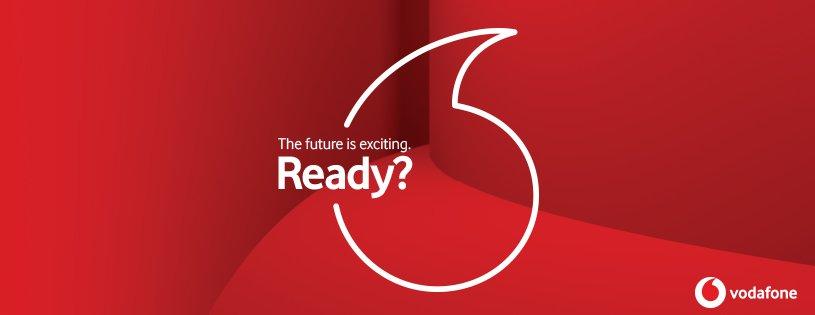What does Vodafone Ghana moving to 4G mean?

The early days of 2019 saw an announcement from Vodafone saying they had secured a 4G spectrum from the National Communications Authority(NCA) for $30 million dollars.
Further down the year, it is anticipated that the 4G connection would be available in the second quarter. But what does this all mean for the telecommunications giant? Can the move be expected to generate more revenue? Will it be a mishap? And what can Vodafone do to exploit this opening?
The year was 2014, and Ghana was finally joining the 4G train 2 years after the introduction in the UK and the Ghanaian owned Surfline was the ish. Surfline had dominated the industry of 4G for a mere 2 years before MTN joined the bandwagon.
MTN’s announcement of 4G was a much bigger appeal because of the network’s huge base of customers in the country. Now 3 years later, Vodafone attempts to do the same when the world is clearly preparing to move into 5G. Is it too late?
Probably not, Ghana is very unlikely to push the move to 5G until 2020 and considering the price of the technology, probably longer. It does mean though, that Vodafone is going to have to try and increase its market share before then.
Also, the move would mean only AirtelTigo would be left on 3G which is a plus for Ghana. Since the Airtel Tigo merger, Vodafone now has the least market share among the 3 networks and must work extra hard (by riding the 4G wave) to increase its share.
Can the move be expected to generate more revenue? Well, it is unlikely. With a change from 3G from 4G, data gets relatively expensive. When Surfline was first introduced, it was regarded as the most expensive data provider.
Then came Busy with almost double the rate of Surfline which needless to say didn’t help the situation. MTN was expensive and is still expensive but because it doubles as a network provider, it worked like a charm and Vodafone should be keen to recreate it.
All that said, If Vodafone is expected to make a solid move into the 4G era here are a few ideas that could work:
Improve its network connectivity.
Despite not having a 4G connection, Vodafone’s network coverage is very shady. It can be fast and it can be slow at times. Customers are always complaining on social media and they should ensure that with the switch to 4G that it improves around the country.
Personally, I sometimes switch to MTN if my Vodafone network is unstable. If possible, it should give extremely good network connectivity in the major cities of the country as it tries to catch up to MTN.
Keep tariffs attractive
When there was an increase in tax late last year, the networks decided to increase the charges on their respective data plans. This didn’t go too well for the Vodafone X users.
Despite the increase in the price of the bundle, it was still insufficient for a month. The Vodafone X set of bundles is very popular among university students. Vodafone can ensure that its tariffs stay the same during its transition or even better, last longer.
Broadband future
Lastly, with the introduction of 4G, Vodafone can aggressively cement its place as the king of broadband.
MTN, Surfline and other data providers always had an edge over Vodafone but with the advent of 4G, Vodafone can hope to even the playing ground. By giving promotions, and selling more routers, Vodafone can hope to regain their throne.
Vodafone seems late to the 4G party but with the right amount of effort they can still make it a success.
